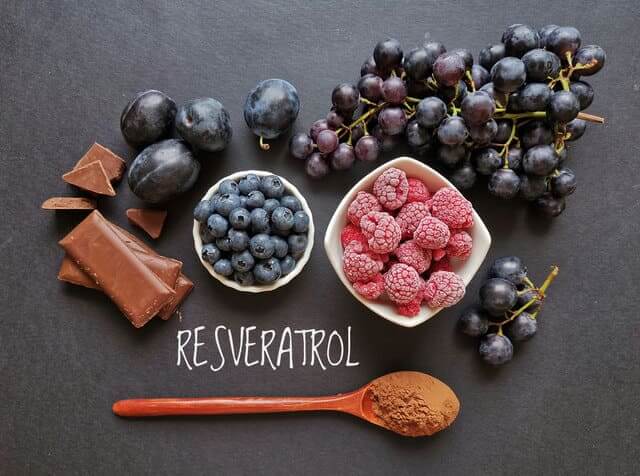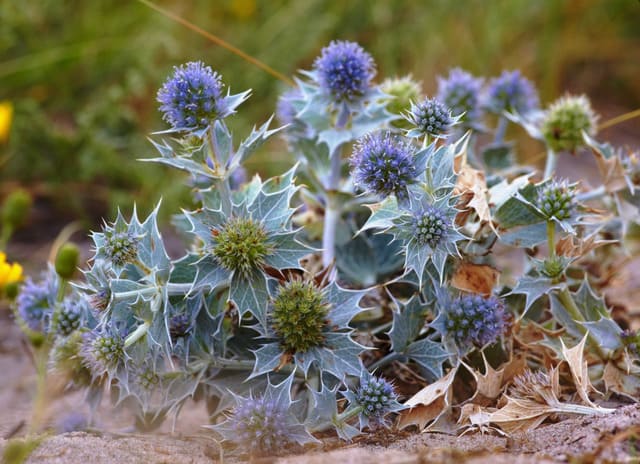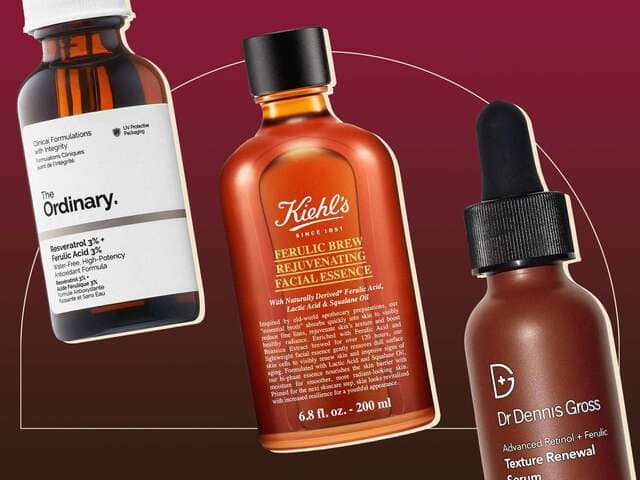Table of Contents
What is resveratrol?
Resveratrol is a naturally occurring compound classified as a stilbenoid, a type of natural phenol, and a phytoalexin that plants produce in response to stress, injury, or fungal infection. Its chemical structure is denoted as C14H12O3, and it is recognized for its antioxidant properties, which contribute to a variety of potential health benefits
The natural sources of Resveratrol
1.Grapes: Resveratrol is found in the skin of red grapes. The concentration of resveratrol in grapes can vary depending on the grape variety, geographic location, and exposure to fungal infection. Red wine, made from fermented red grapes, is one of the most well-known sources of resveratrol. The process of fermentation allows the wine to retain resveratrol from grape skins.
2.Peanuts: Peanuts, including peanut butter, are significant sources of resveratrol. The amount of resveratrol can vary depending on the form of peanuts (raw, roasted, or boiled), with boiled peanuts having a higher concentration of resveratrol.
3.Berries: Various kinds of berries, such as blueberries, cranberries, strawberries, and mulberries, contain resveratrol. While the levels may be lower compared to grapes and peanuts, berries offer additional antioxidants and health benefits.
4.Japanese Knotweed: This plant, particularly its roots, is a rich source of resveratrol and is used in traditional medicine.
5.Giant Knotweed: Similar to Japanese Knotweed, this plant is also a source of resveratrol, particularly in its roots.
6.Itadori Tea: This tea, which has been used in Japan and China as a traditional herbal remedy for heart disease and strokes, is another source of resveratrol. Itadori tea is particularly interesting for those who do not consume alcohol but wish to benefit from resveratrol’s effects
7.Dark Chocolate and Cocoa Powder: Cocoa and dark chocolate contain resveratrol, along with other beneficial nutrients such as protein, iron, and magnesium. The levels of resveratrol in cocoa products are less compared to red wine but still contribute to its health benefits
8.Pistachios: Like peanuts, pistachios are nuts that contain resveratrol. They can be a tasty and healthful snack that contributes to the intake of resveratrol.
These natural sources of resveratrol can be consumed as part of a balanced diet to potentially benefit from its health-promoting properties.

Health Benefits
Resveratrol has been studied for its potential health benefits, which include:
- Antioxidant and Anti-inflammatory Effects: It may help reduce inflammation and oxidative stress, which are linked to various chronic diseases.
- Cardiovascular Health: Resveratrol may improve heart health by lowering blood pressure, reducing LDL cholesterol oxidation, and preventing blood clots.
- Cancer Prevention: Some studies suggest that resveratrol can inhibit the growth and spread of cancer cells.
- Neuroprotection: It may offer protection against neurodegenerative diseases like Alzheimer’s by reducing inflammation and oxidative damage.
- Diabetes Management: Resveratrol has shown potential in improving insulin sensitivity and reducing complications associated with diabetes.
Potential side effects of resveratrol
Resveratrol has a fairly low toxicity level. It’s reasonably well tolerated up to 5 grams per day. Studies have indicated nausea, diarrhea, vomiting and other gastrointestinal issues can occur when consuming higher doses. But these higher doses cannot be reached by diet alone and are usually reached when you consume supplements.
Should you take resveratrol?
Safety and Considerations
Resveratrol supplements are possibly safe when taken by mouth in doses up to 1500 mg daily for up to 3 months. Higher doses of up to 2000-3000 mg daily have been used safely for a shorter duration. However, there isn’t enough reliable information to know if it is safe to take by mouth in larger amounts. Resveratrol might slow blood clotting and increase the risk of bleeding in people with bleeding disorders. It might also act like estrogen, which could worsen hormone-sensitive conditions such as breast cancer, uterine cancer, ovarian cancer, endometriosis, or uterine fibroids. Therefore, individuals with these conditions should avoid resveratrol. It is recommended to stop using resveratrol at least 2 weeks before a scheduled surgery due to its potential to increase the risk of bleeding.
Interactions with Medications
Resveratrol may interact with medications that are changed by the liver, as well as medications that slow blood clotting, potentially increasing the risk of bruising and bleeding. If you are taking anticoagulant or antiplatelet drugs, you should be cautious about using resveratrol.
Consumption and Dosage
Resveratrol occurs naturally in foods such as peanuts, grapes, blueberries, raspberries, and mulberries. Red wine is also a good source of resveratrol. While there is no recommended daily allowance for resveratrol, supplements may contain varying amounts per capsule. It is important to note that the body’s ability to use resveratrol from supplements effectively is still under investigation.

Conclusion
While resveratrol has potential health benefits, it is important to consider the safety and interactions with other medications. There is no clear guidance on the optimal dosage for resveratrol, and it is best to consult with a healthcare provider before starting any new supplement, especially if you have underlying health conditions or are taking other medications.







